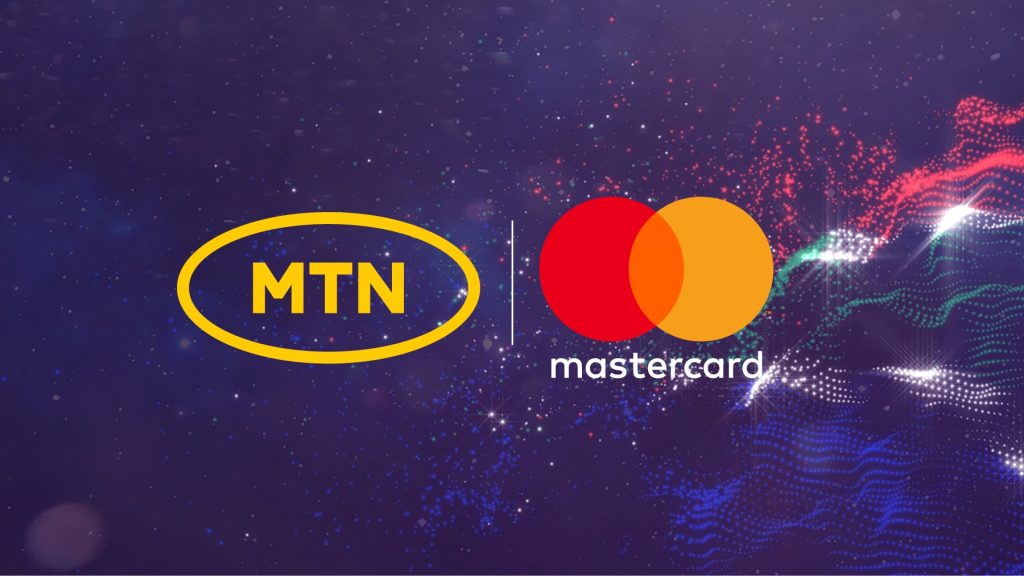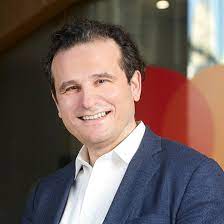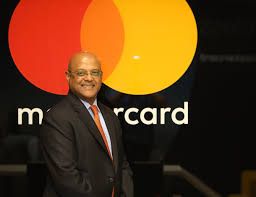Why Mastercard Is Backing MTN Fintech Arm in a $200 Million Deal
In a strategic move aimed at fostering financial inclusion in Africa, Mastercard has solidified its commitment to the growth and development of MTN Group Fintech, the fintech arm of telecommunications giant MTN Group. This landmark deal sees Mastercard acquiring a minority stake valued at up to $200 million (approximately R3.8 billion) in MTN Group Fintech, elevating its valuation to an impressive US$5.2 billion on a cash- and debt-free basis.
The collaboration, initially announced in October of last year, is still pending finalization as it navigates through “customary closing conditions.” However, both parties are optimistic about the transformative impact this partnership will have on the financial landscape of the African continent.
MTN, in a statement, emphasized the broader significance of these agreements, stating, “These agreements complement the larger commercial relationship between the group and Mastercard to support the continued development and growth of technology and infrastructure to drive financial inclusion across the African continent.”
At the heart of this collaboration is the recognition of the pivotal role fintech plays in driving financial inclusion. Mastercard’s investment is not only a financial endorsement but also a strategic alignment to support the acceleration of MTN Fintech’s payments and remittance services. This injection of capital is expected to fortify MTN Group Fintech’s position as a key player in the evolving digital financial landscape of Africa.
The $200-million deal signifies Mastercard’s confidence in the potential of MTN Group Fintech and its vision for advancing financial services in the region. The investment will be instrumental in scaling up operations, enhancing technological infrastructure, and expanding the reach of financial services to underserved populations.
While the deal has been announced, it is essential to note that its finalization is subject to customary closing conditions. Regulatory approvals are underway, and stakeholders are eagerly awaiting the green light to commence the next phase of this collaboration.
Looking ahead, MTN expressed its commitment to exploring additional opportunities for value-enhancing partnerships and investments. Subject to market conditions, the company aims to engage with strategic partners and long-term investors, signaling a broader strategy to drive innovation and financial inclusivity in the African fintech space.
The Mastercard investment in MTN Group Fintech represents a pivotal moment in the journey toward financial inclusion in Africa. The $200-million deal underscores not only the financial backing but also the shared vision of both companies to drive technological advancement and accessibility in digital financial services across the continent.

Charles Rapulu Udoh is a Lagos-based lawyer, who has several years of experience working in Africa’s burgeoning tech startup industry. He has closed multi-million dollar deals bordering on venture capital, private equity, intellectual property (trademark, patent or design, etc.), mergers and acquisitions, in countries such as in the Delaware, New York, UK, Singapore, British Virgin Islands, South Africa, Nigeria etc. He’s also a corporate governance and cross-border data privacy and tax expert. As an award-winning writer and researcher, he is passionate about telling the African startup story, and is one of the continent’s pioneers in this regard.



















